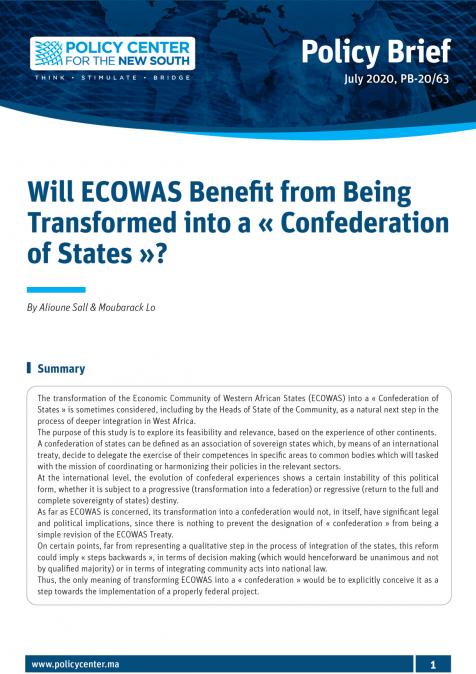Publications /
Policy Paper
This Policy Paper analyses the Fourth Industrial Revolution (4IR) through the critical lens of technological colonialism. It argues that the fusion of physical, digital, and biological technologies is not merely a technical phenomenon but a civilizational shift reshaping the foundations of global power. The article traces a historical continuum from previous industrial revolutions, demonstrating how patterns of inequality and extraction persist, now transposed into the digital realm. In this new paradigm, the “haves” of capital, data, and algorithms consolidate an invisible dominion, whilst the “have-nots”—particularly in the Global South—are relegated to the role of data producers, subjected to an algorithmic dependence that threatens their sovereignty.
The Paper proposes an architecture for a new digital social contract grounded in equity, ethics, and empowerment. Urging immediate action, it advocates a “Digital Bretton Woods”—a new multilateral pact to govern data and artificial intelligence (AI) as global public goods, drawing inspiration from the Chinese model of technological sovereignty while critiquing outdated global governance structures.
The conclusion underscores that the ultimate challenge of the 4IR is not technological but philosophical: to redefine progress in terms of human dignity and to reassert humanity's moral authority over its own creations. The true landmark of this revolution will not be the intelligence of machines, but the wisdom of society in guiding them. This redefinition is not merely a suggestion, but an ethical imperative in the face of the 4IR.





